
The Global Centre for Advanced Studies (GCAS) was founded in 2013 by over 100 leading intellectuals, writers, philosophers, artists, and social scientists with a two-fold mission:
Provide students (we call them "Researchers") with the highest quality education, debt-free; and
Provide a learning environment bold enough to forge new horizons of thinking, innovation, and the transformation of the world into a healthier place to live for all.
What began as a dream has developed into a global network on five continents with seven centres throughout the world, including New York, Santa Barbara, Dublin, Ireland, Kampala, Uganda, Jakarta, Sydney, Santa Barbara, and Santiago, Chile. We have reached over 2.5 million people and held over 50 seminars, international conferences, and workshops.






Founder and director of The Global Center for Advanced Studies (GCAS) and the Chancellor and CEO of GCAS College Dublin
Creston Davis, (PhD University of Virginia, MTS Duke University) is the founder and director of The Global Center for Advanced Studies (GCAS) and the Chancellor and CEO of GCAS College Dublin. Davis was promoted to Associate Professor at Rollins College (2012) and has published books with The MIT Press, Columbia and Duke University Press.
He is the creator of and co-edits the Insurrections: Critical Studies in Religion, Politics and Culture series, an academic book series published by Columbia University Press.
He currently researches future consciousness, sustainability, and advanced technologies.
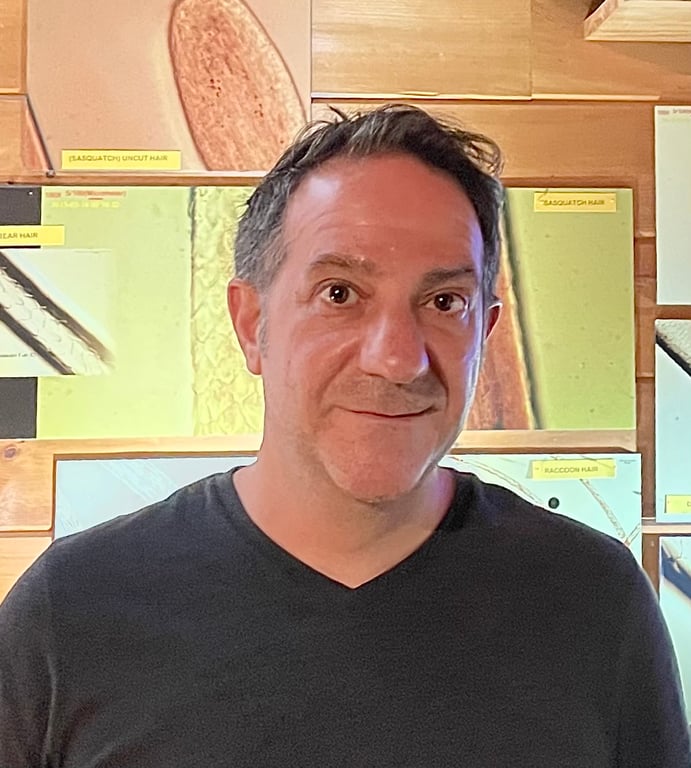




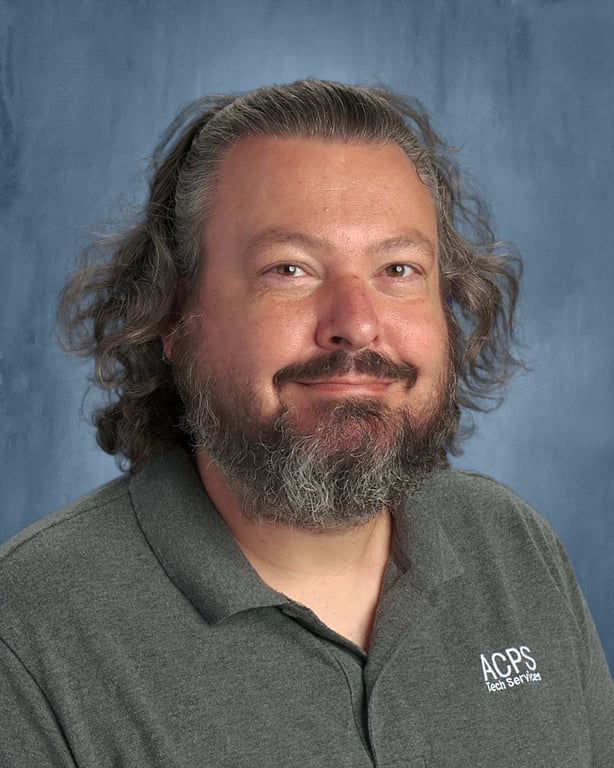

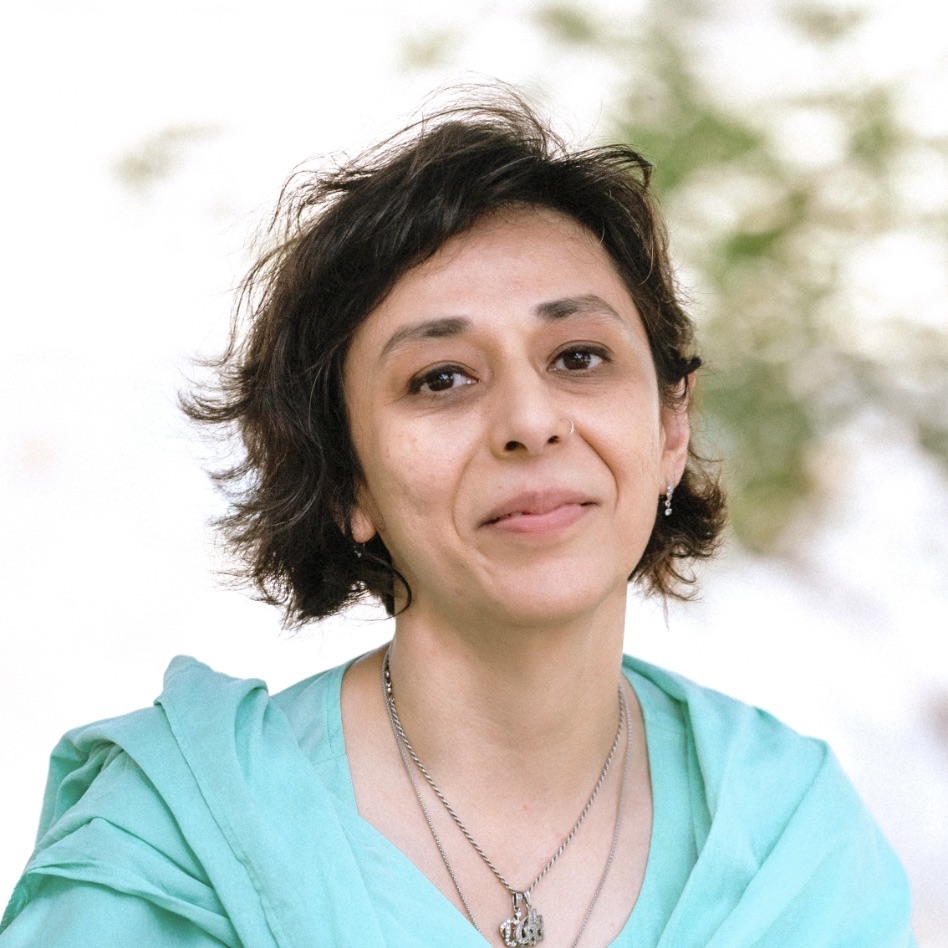
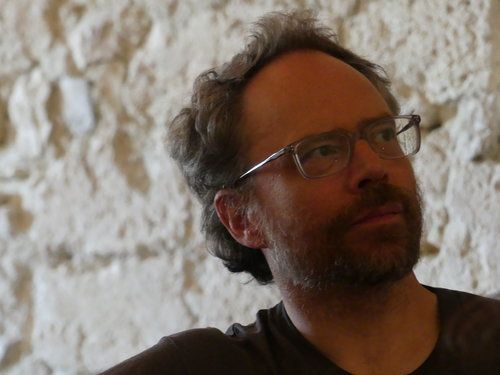
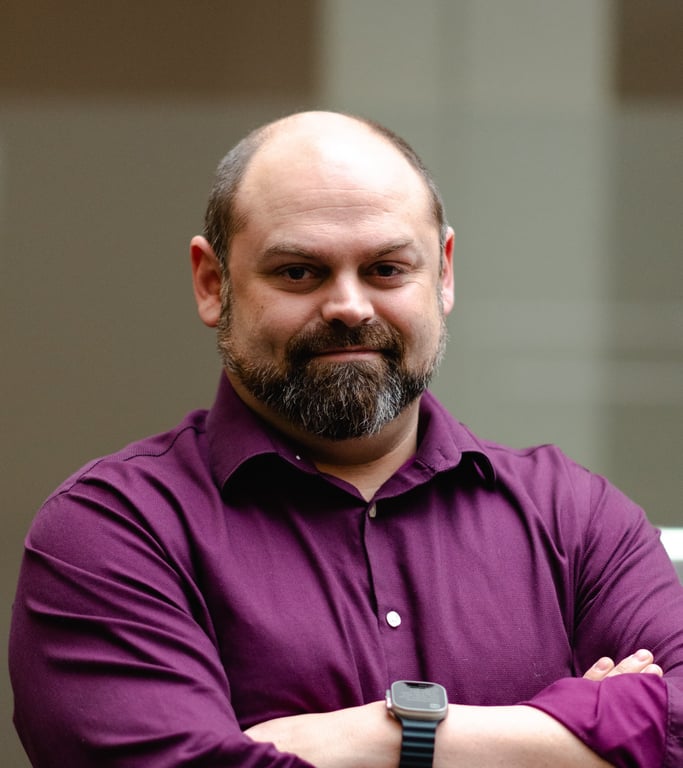





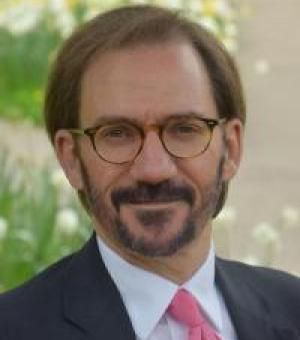


Global Center for Advanced Studies
is a full member college of Woolf, offering accredited degrees under the European Standards and Guidelines (Brussels 2015). Woolf is a global collegiate Higher Education Institution licensed in Europe (license 2019-015), and the operative Policy of Quality Assurance allows member colleges to share the same standards of accreditation while independently managing their own students and faculty. Courses with ECTS credits are specifically designated as such.

The European Higher Education Area (EHEA) today comprises 49 member countries - more than just Europe. All the Higher Education Institutions in the EHEA use the European Credit Transfer System (ECTS), providing a shared framework for accrediting courses and degrees.

The Bologna Process names the agreements which harmonize the accreditation standards of Europe. The process created not only the EHEA, but also the European Credit transfer System. Initially this was a system to transfer credits between institutions, and later it became the standard way to refer to the credits themselves, such as '90 ECTS credits'.

The European Commission is the executive branch of the European Union. It is responsible for proposing legislation, enforcing EU laws and directing the Union's administrative operations, including education initiatives and policy-making. It oversees the ECTS system. All EHEA countries have adopted the European Standards and Guidelines (ESG 2015).

Woolf (MT) is based in Malta, which has been a member of the European Union since 2004, and of the European Higher Education Area since 2010. Its degrees are fully integrated with the ECTS system, and its degrees and qualifications are recognized throughout Europe under the treaty obligations under the Lisbon Recognition Convention.

ECTS standards are validated by an approved regulatory authority. Woolf works with English-language authorities that implement the ESG 2015. The Malta Further and Higher Education Authority (MFHEA) implements ESG 2015 with the aim of further promoting quality in further and higher education.

Higher education in Switzerland is regulated both at the level of the Canton and at the Federal level (by the Ordinance of the Higher Education Council on Accreditation within the Higher Education Sector). Higher education in Switzerland places great emphasis on academic freedom and quality.

Woolf (CH) is based in Aargau, which is a canton in Switzerland, between Zurich and Basel. It has an innovation agenda, known for universities of applied sciences, innovation parks, incubation centers, and other resources for supporting research and technology transfer.

Woolf (WI) is based in Wisconsin, which licenses higher education institutions through the Educational Approval Program within the Department of Safety and Professional Services. The EAP ensures that approved schools are well run, educationally sound, and financially stable.

Woolf (WI) is based in the United States of America, which has a system of state licensure and regional or national accreditation through private agencies. The Department of Education does not directly approve of degrees. Foundation for International Services, a non-profit, independent credential evaluator and member of NACES.org since 1987, has evaluated Woolf’s Master in Business Administration and deemed it to be equivalent to one “from a regionally accredited institution in the United States.”
Learn more about our programs, and begin your journey as a student at Woolf.
\ Apply now